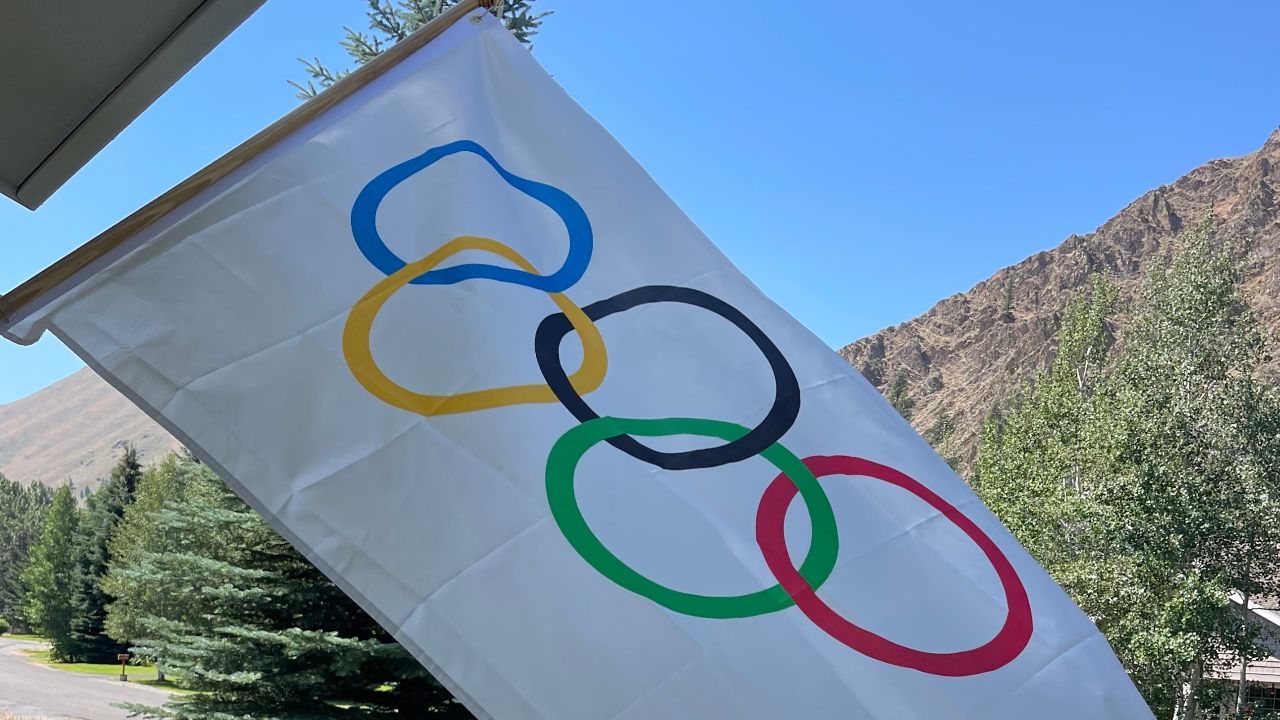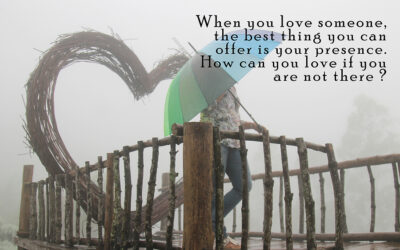At the start of August 2024 the Tour de France, a grueling 21-day road cycling race, had recently ended and the Summer Olympics had begun in Paris. What a great time to be a sports fan!
When I was young, I dreamed of being in the Olympics. Maybe you did, too! I remember spending many summer school vacations sitting inches from the TV, watching all of the events. I didn’t want to miss anything! I was mesmerized by the games. Being in the Olympics is the ultimate goal for athletes in many sports. Although I envisioned myself being on the Olympic USA gymnastic team, my chance to represent my country actually came at the 2004 Mountain Bike World Marathon Championships. Funny how that worked out. Regardless, I am extremely grateful for my talents and the opportunities I have had.
Transition from Aspiring Olympic Athlete to Fan
 Although I still love to watch the Olympics, I no longer watch it with the desire to be a competitive athlete in the games, but rather as an appreciative fan who marvels at the progress of sport and athletic achievement. I am in awe of some of the tricks the gymnasts are doing now. Wow!
Although I still love to watch the Olympics, I no longer watch it with the desire to be a competitive athlete in the games, but rather as an appreciative fan who marvels at the progress of sport and athletic achievement. I am in awe of some of the tricks the gymnasts are doing now. Wow!
Honestly, the transition from eager athlete to fan was not easy. For several years after injuries caused me to quit gymnastics, I did not enjoy watching Olympic gymnastics or any gymnastics at all. Years later, I realized I was grieving my unfulfilled dream. I was not ready to accept the reality that I was never going to be in the Olympics in any sport. To bury my hurt, I avoided gymnastics for fear that it might remind me of my loss. Now, with passing years and growing wisdom, I am once again embracing my former gymnast identity. I’ve even been practicing my handstand walking.
Performance Naturally Declines with Age
Recreational sports have age groups for a reason. Biologically, our bodies change as we age, so our skill levels also change. However, that doesn’t mean we still can’t challenge ourselves, achieve goals, and participate, although many of us stop playing sports because we either don’t understand or are in denial about these biological changes. My dad was an example of this: when he got older, he gave up his beloved sport, golf. I was always saddened about this. It would have been so good for him. He loved it when he was young. He started my sister and me in lessons as soon as we were big enough to hold a club. But dad stopped playing, and his health suffered for it.
Golf, and many other sports, offer social interaction, mental and physical challenge, camaraderie, discipline, and so much more. Sports are often where we make our friends. Sports brings people together to play a game. How fun is that? I believe these are some of the reasons Pickleball participation is soaring. Sports builds community! And not playing can lead to isolation, which is what happened to my dad.
Why did my dad give up golf? Simple: he couldn’t hit the ball as far as he used to and never accepted that. He’d rather stop playing than not hit the ball as far as he did when he was 40 years younger. Cleverly, golf realizes there is a discrepancy in how far different populations (older men, women, juniors) hit the ball and has a built-in solution for this problem: multiple tees. In golf, there are generally three or more different locations (tees) from which the first shot is hit. Thus, the hole can be lengthened or shortened depending on which tee you use. By doing this, golf creates equity so everyone can enjoy the game together, regardless of how far you hit the ball. Except for my dad, who was too proud and/or stubborn to move up to the closer tee.
As we age, it can be hard to see our sports performance decline. We might judge our vitality based on our physical abilities. We might think, if I can still do [fill in your sport or movement of choice], I am doing fine; I am not old. And if we can’t do the activities of our youth, we may avoid them like I temporarily did with gymnastics. Fortunately for me, it is known that gymnasts have an expiration date. Competitive gymnastics is not a lifelong sport. Unfortunately for my dad, golf is seen as a sport for the elderly, making it that much harder for him to take. So, how should we approach sports as we age?
Adjust Expectations, Set Personal Goals, and Explore Different Events
A few weeks ago, I had a dilemma. There was a local mountain bike race that offered a 25 or 50 mile course. I checked the registrants before I signed up and saw that the race was going to be small, 125 people total, and that there were very few women riding either of the distances that I was considering. What should I do?
I realized that all the other women would probably be younger and faster. Hence, based on my age and sex alone, I would be in the back of the pack in either race. I asked myself, should I do the shorter distance to avoid being the last finisher and potentially keeping the race organizers there late? Or should I go for it and do the longer course? I debated for a few days, talked to a couple of people, and finally settled on the 50 miler. And I am so glad I did! Yes, I was dead last, as predicted. My husband was sitting in the finishing tent with the officials, making sure they didn’t leave before I crossed the line. I was also the oldest woman by nearly a decade. However, my time was only a bit over 10 minutes slower than the woman in front of me. I had beat my personal time goal!
Because I had adjusted my expectations and set my own goals, the race was a victory for me, despite being the last one to finish. In addition, because I chose the marathon event instead of the shorter cross-country distance, I set myself up to succeed. Longer distances are better suited to older athletes who have endurance but not the speed and strength of the younger competitors. If, as we age, we can embrace and be realistic about our skills without resentment, we can continue to enjoy sport and competition, if we choose, for life.
Dedication
 This blog is dedicated to the memory of my former supervisor and friend Tim Kelton. Friday before the race I just described, a friend called to let me know that Tim had collapsed while riding his bike and was in critical condition. Saturday on my drive home from the race, I read the text that he had passed. While racing, I thought of him often and was grateful that I was riding despite my suffering. I knew I was last, but I didn’t care. I was out there. Tim, five years my junior, would never ride again. A superior rider, Tim had been a professional road cyclist, competing in France in his youth. Tim pursued many adventures in various sports until his passing. He loved life and was a model of staying active and playing sports throughout his lifespan which was tragically cut short. RIP Tim.
This blog is dedicated to the memory of my former supervisor and friend Tim Kelton. Friday before the race I just described, a friend called to let me know that Tim had collapsed while riding his bike and was in critical condition. Saturday on my drive home from the race, I read the text that he had passed. While racing, I thought of him often and was grateful that I was riding despite my suffering. I knew I was last, but I didn’t care. I was out there. Tim, five years my junior, would never ride again. A superior rider, Tim had been a professional road cyclist, competing in France in his youth. Tim pursued many adventures in various sports until his passing. He loved life and was a model of staying active and playing sports throughout his lifespan which was tragically cut short. RIP Tim.



